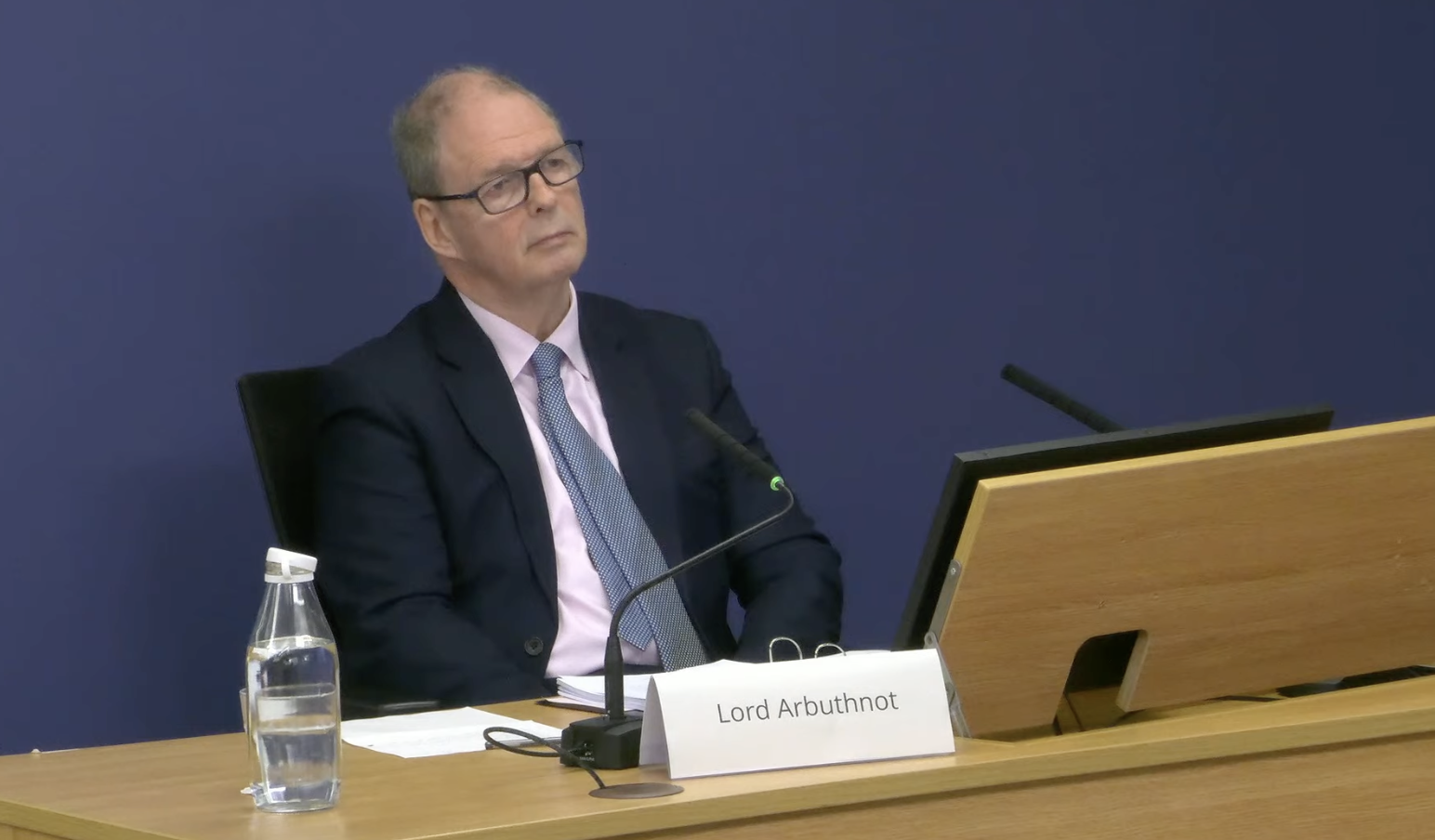
The former MP who started the Parliamentary campaign to help Subpostmasters in their fight for justice, gave evidence at the public inquiry into the Post Office Horizon IT scandal on Wednesday.
James Arbuthnot told inquiry he was first alerted to potential problems with the Horizon system during a coffee morning in his constituency, in 2009, when he was introduced the former sub postmaster Jo Hamilton.
Arbuthnot at first attempted to raise Hamilton’s case with the government, specifically the Secretary of State for Business, Peter (now Lord) Mandelson. Arbuthnot received a “frustrating” response from Mandelson’s junior, Pat McFadden, effectively washing the government’s hands of the Post Office business, despite being its sole shareholder.
Undeterred, Arbuthnot founded a group of MPs who also had constituents claiming they had suffered life changing problems as a result of their interactions with the horizon IT system, and the Post Office’s punitive practices.
They eventually found themselves, in 2012, face-to-face with Paula Vennells and other senior executives at the Post Office. None of the execs would entertain the idea that there was anything wrong with the Horizon IT system. Paula Vennells went one further. According to the minutes of the meeting, Vennells told the MPs:
“Every case taken to prosecution that involves the Horizon system thus far has found in favour of the Post Office.”
Demonstrably false
Jason Beer KC, who was asking Lord Arbuthnot questions on behalf of the Inquiry, queried this in a series of important rhetorical questions which neatly summarised, and devastatingly undermined Paula Vennells’ assertion.
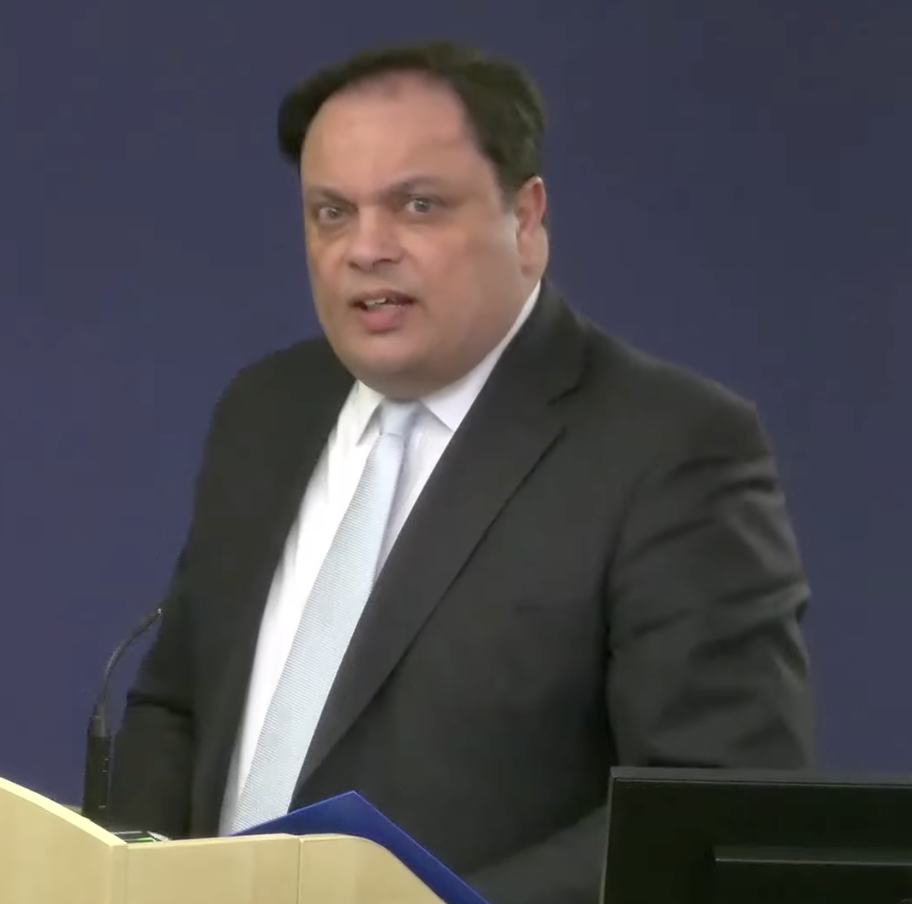
JB: Would you agree overall that this is a fair summary: the problem is that a small number of postmasters borrow money from the till; the problem is not Horizon; every prosecution involving Horizon has found in favour of the Post Office; and not a single case existed where, on investigation, the Horizon system was found to be at fault?
JA: Yes.
JB: I think it follows that Alice Perkins, Paula Vennells, Angela van den Bogerd and Alwen Lyons did not disclose to you and the other eight MPs or their representatives the following: firstly, anything about the
Julie Wolstenholme case…
JA: No, they didn’t.
JB:… in which expert evidence had been served by a man called Jason Coyne concerning bugs in the Horizon system and which case was subsequently settled by the Post Office?
JA: They didn’t disclose that, no.
JB: They didn’t mention the case of Lee Castleton and the obtaining of a report from BDO Stoy Hayward, which had found errors in the operation of the Horizon system?
JA: No, they didn’t.
JB: They didn’t mention the acquittal of Maureen McKelvey by a jury in 2004, Mrs McKelvey having blamed Horizon for the causing of losses of money which she was accused of stealing?
JA: No, they didn’t.
JB: They did not mention the speedy acquittal of Suzanne Palmer by a jury in 2007, Mrs Palmer also having blamed Horizon at trial for the losses attributable or said to be attributable to her?
JA: No, they didn’t.
JB: A jury question directed at the Post Office to the effect of “What is Mrs Palmer supposed to do if she didn’t agree the figure that Horizon had produced”, which the Post Office had been unable or unwilling to answer, and an order that the Post Office pay £78,000 in costs?
JA: No, they didn’t.
JB: They didn’t mention any of the following bugs, all of which had been discovered and notified to the Post Office by this time, the Callendar Square bug – sometimes known as the Falkirk bug – operative, by the Post Office’s admission, between 2000 and 2006 and, on the findings later of Mr Justice Fraser, until 2010?
JA: No, they didn’t mention.
JB: They didn’t mention the receipts and payments mismatch bug of 2010?
JA: No.
JB: The suspense account bug that was operative between 2010 and 2013?
JA: No.
JB: They didn’t mention the Dalmellington bug, operative from 2010 and the fact that it was still operative at the time of this meeting?
JA: No.
JB: They didn’t mention the remming in bug operative in 2010 or the remming out bugs operative in 2005 and, again, in 2007?
JA: No.
JB: They didn’t mention the local suspense account bug operative in 2010?
JA: No.
JB: The reversals bug operative in 2003?
JA: No.
JB: The Giro bank discrepancy bugs operative in 2000, 2001 and 2002?
JA: No.
JB: They didn’t mention that consideration had been given to the commissioning of an independent expert review and report on Horizon in December 2005, and again in March 2010, but that on each occasion the Post Office had decided against it, on the latter occasion seemingly on the grounds that it might be disclosable in criminal proceedings?
JA: They didn’t mention that.
JB: They didn’t mention problems with the so-called ARQ data and whether those issues should be revealed to criminal courts who are hearing criminal charges against subpostmasters based on ARQ data and of which the Post Office had been notified?
JA: No.
JB: Does it follow that your state of knowledge at this time, based on what the Post Office board member and executive members were telling you, was that you were unfair of any bugs, errors or defects which had been detected in Legacy Horizon or which were then evident and emerging in Horizon Online?
JA: Yes, I was unaware. I think we were all unaware, but Mike Wood was raising the question: is this the only absolutely perfect computer program in existence?
JB: You were unaware of the problems with the so-called ARQ data…
JA: I was.
JB: …and its presentation to criminal courts?
JA: Yes, completely unaware of that.
I was surprised Mr Beer had not mentioned Nicki Arch’s acquittal in 2002. So was she. As Ms Arch was in the room, she approached Beer during the break. After the break, Beer resumed his questioning of Lord Arbuthnot thus:
JB: Lord Arbuthnot, in my list of 16 or 17 things that were not mentioned to you against being told that every prosecution involving Horizon had found in favour of the Post Office and that not a single case existed where on investigation the Horizon system was found to be at fault, I omitted to include one, that of Ms Nichola Arch, who was acquitted [in 2002], so, very early on. Was that something that was mentioned to you?
JA: No, that was not something that was mentioned to me.
JB: I had mentioned the jury acquittal in 2004 of Maureen McKelvey and the jury acquittal of Suzanne Palmer in 2007, that’s a third jury acquittal not mentioned.
JA: Right.
JB: In that list of 16, now 17, issues that were not revealed to you at the meeting that we were talking about in mid-June, does the same apply to all of the meetings you had with senior Post Office managers, and by that I mean the meeting with Alice Perkins and Alwen Lyons on 13 March 2012?
JA: Oh yes, the same applies. I was not told “Here is a list of bugs that you ought to take into account”, no. They failed to do that.
JB: I might divide it into three. One is civil and criminal cases, the second is bugs and the third is consideration in the past of independent investigations?
JA: Absolutely. They did not do that.
JB: Does the same apply to the meeting with Alice Perkins and Paula Vennells on 17 May 2002?
JA: Yes.
JB: In all of this time, did any of them ever mention the facts and matters which I’ve listed, 16 or 17 of them?
JA: No.
Funny that.
The journalism on this blog is crowdfunded. If you would like to join the “secret email” newsletter, please consider making a one-off donation. The money is used to keep the contents of this website free. You will receive irregular, but informative email updates about the Post Office Horizon IT scandal.

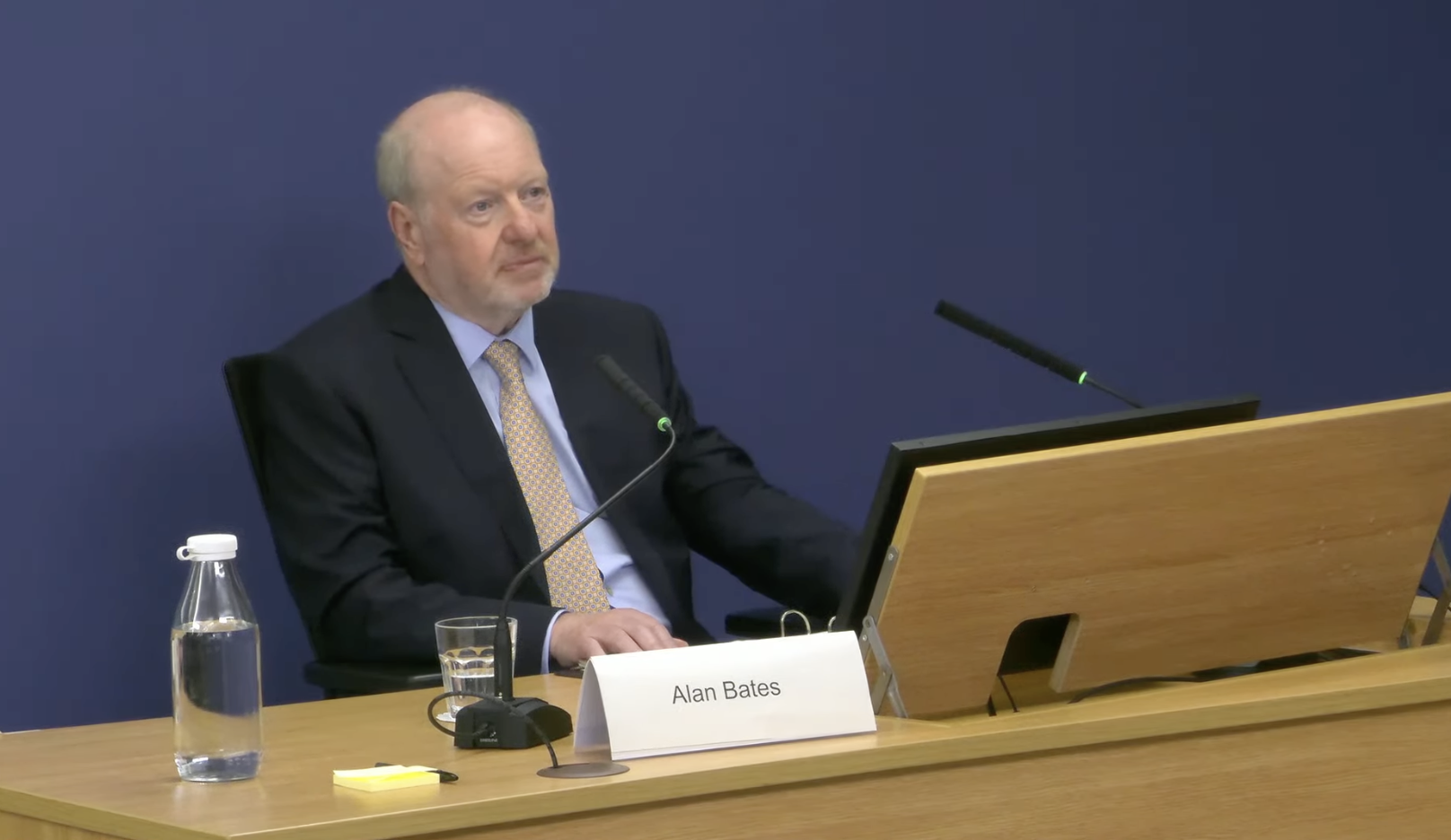
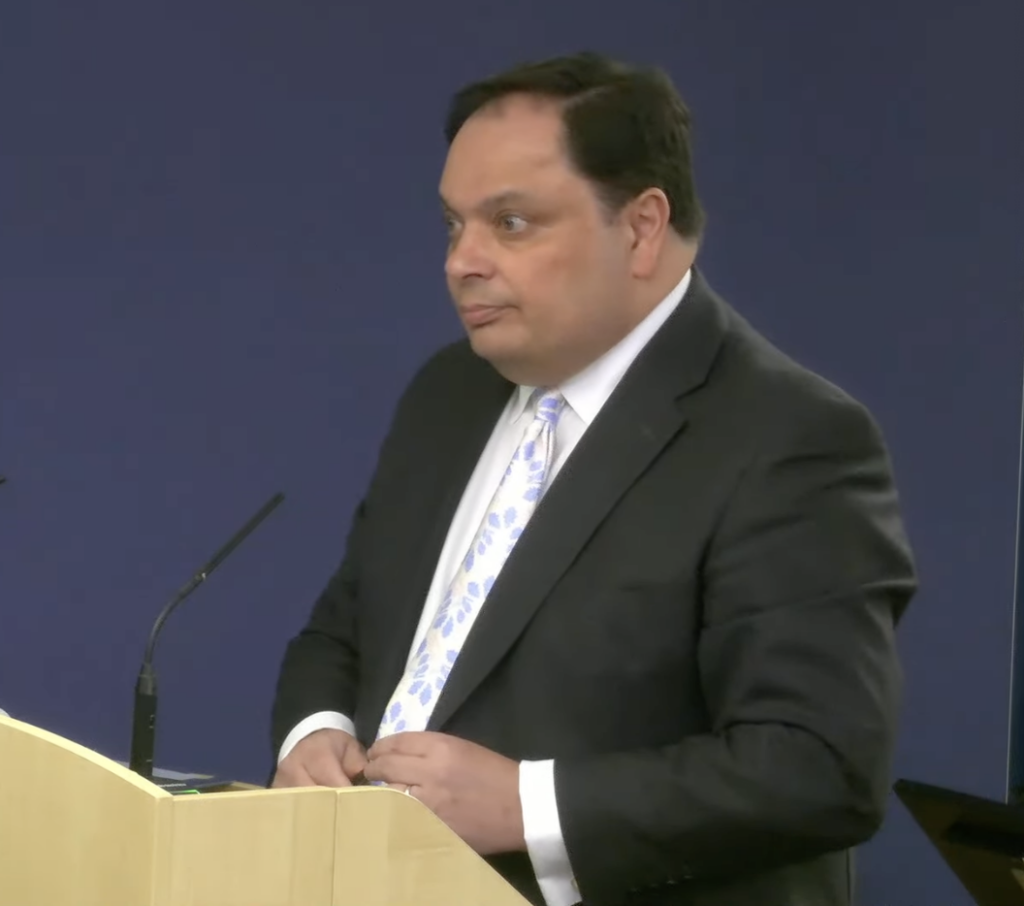
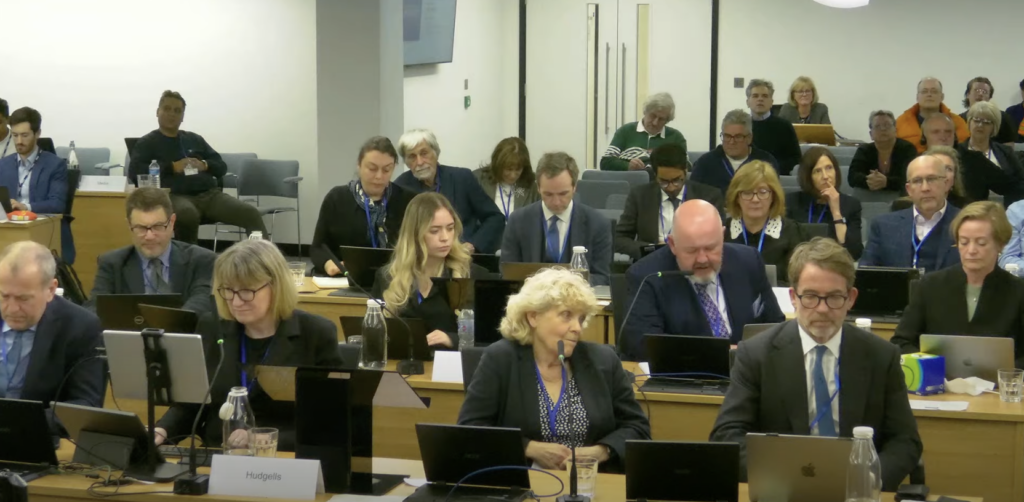
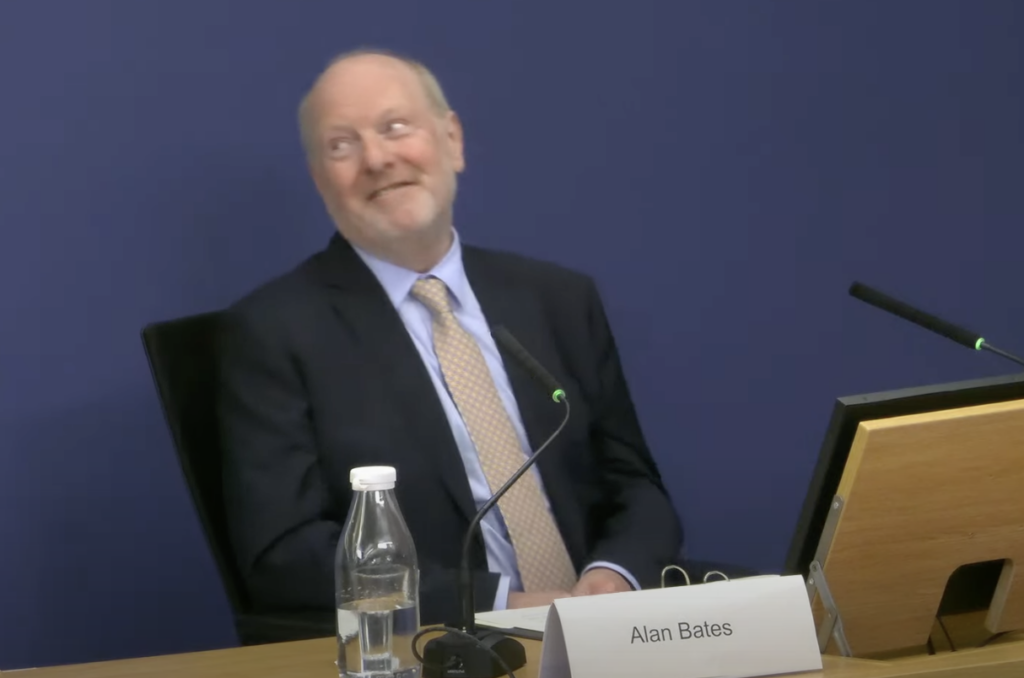

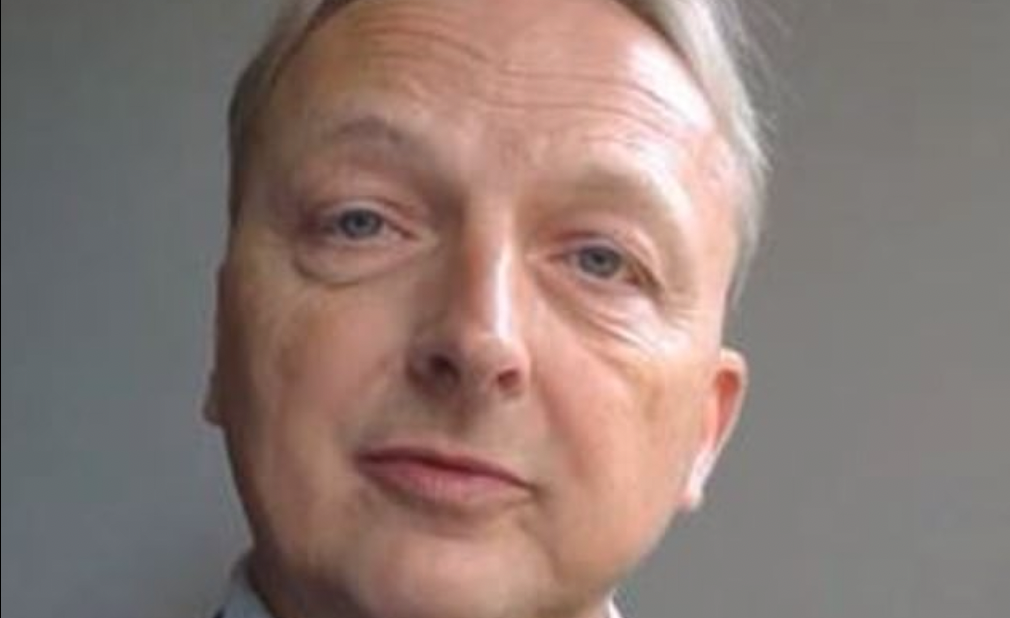

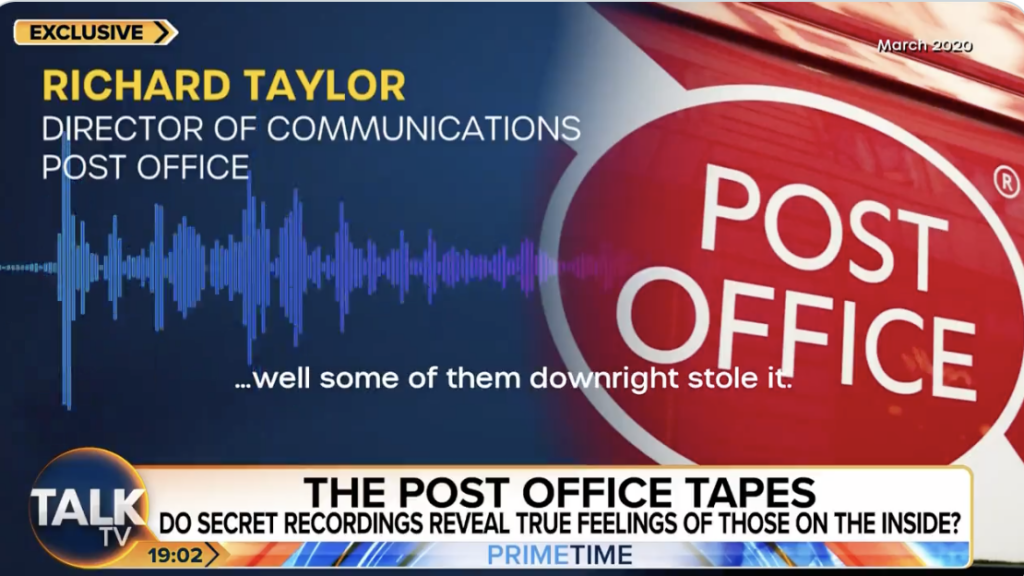
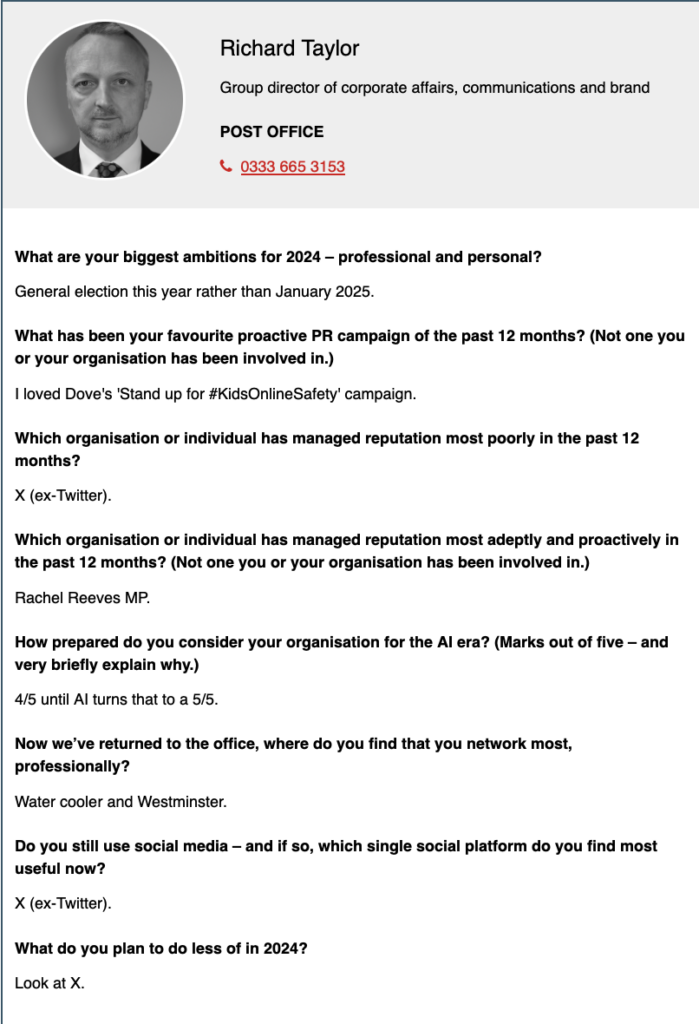

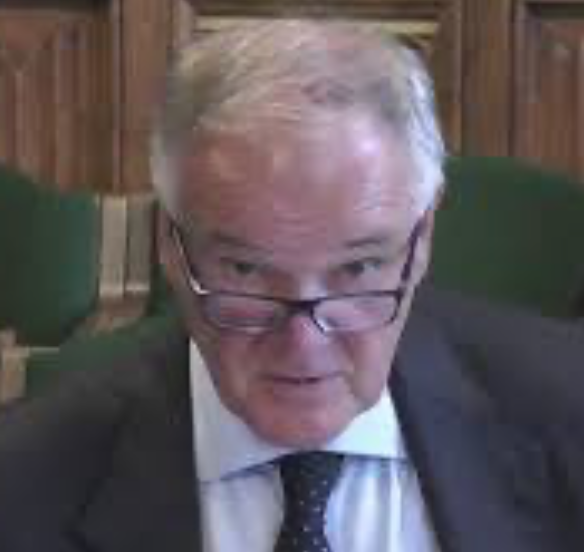
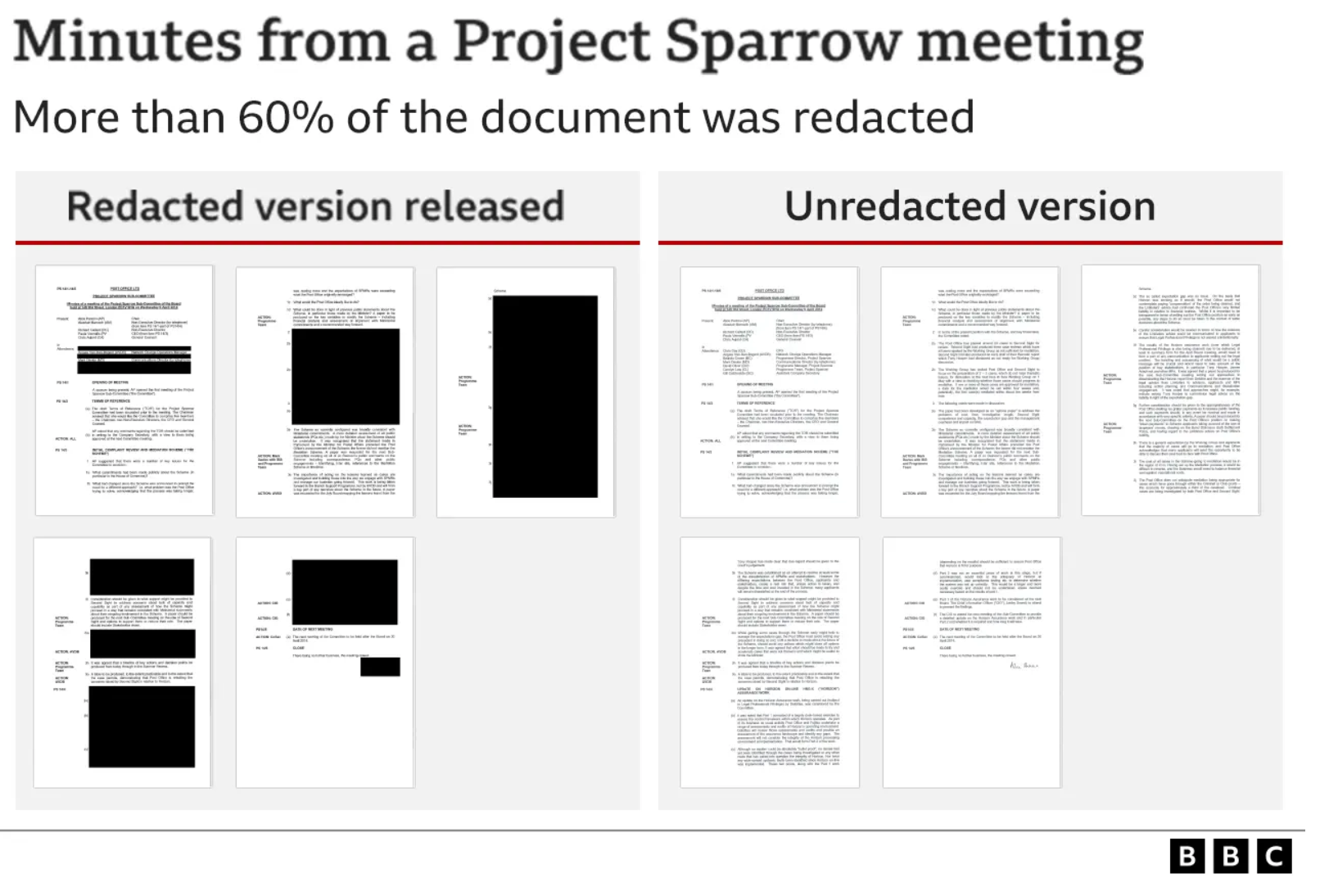

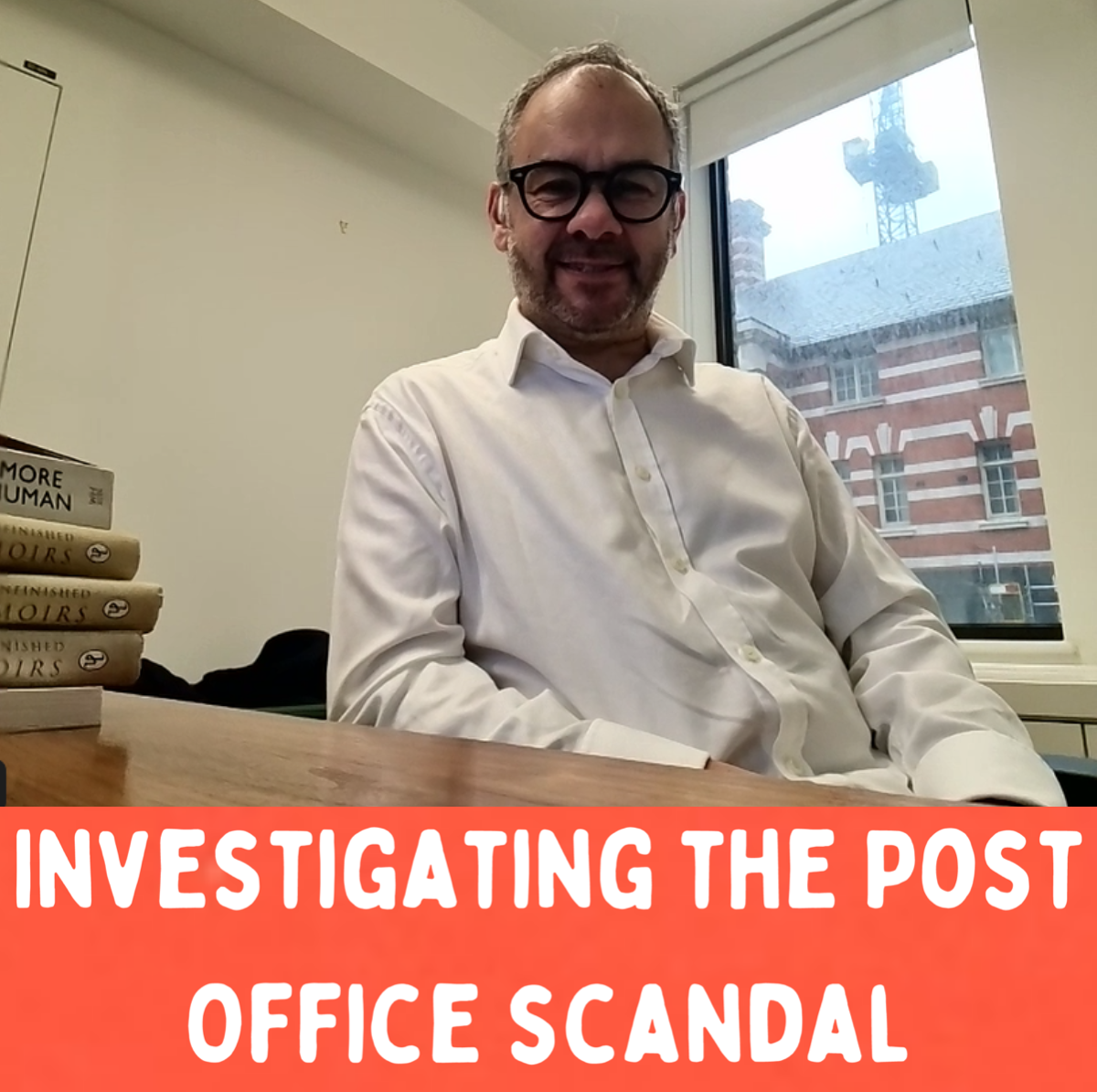
Ps to my earlier comment: even if direct lies were not told, the errors of omission quoted in Lord Arbuthnot’s…